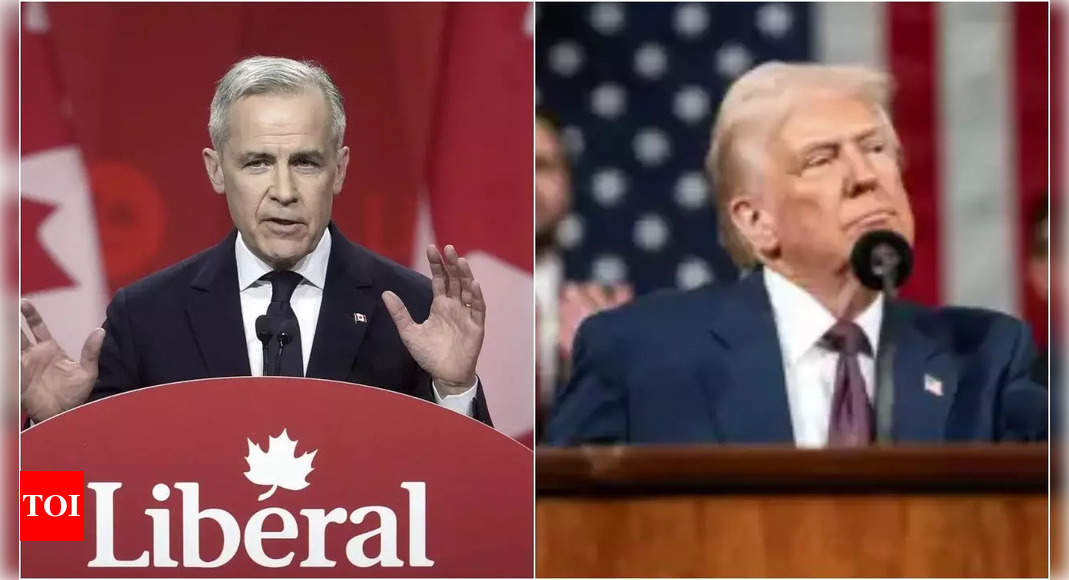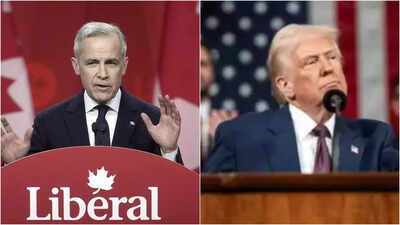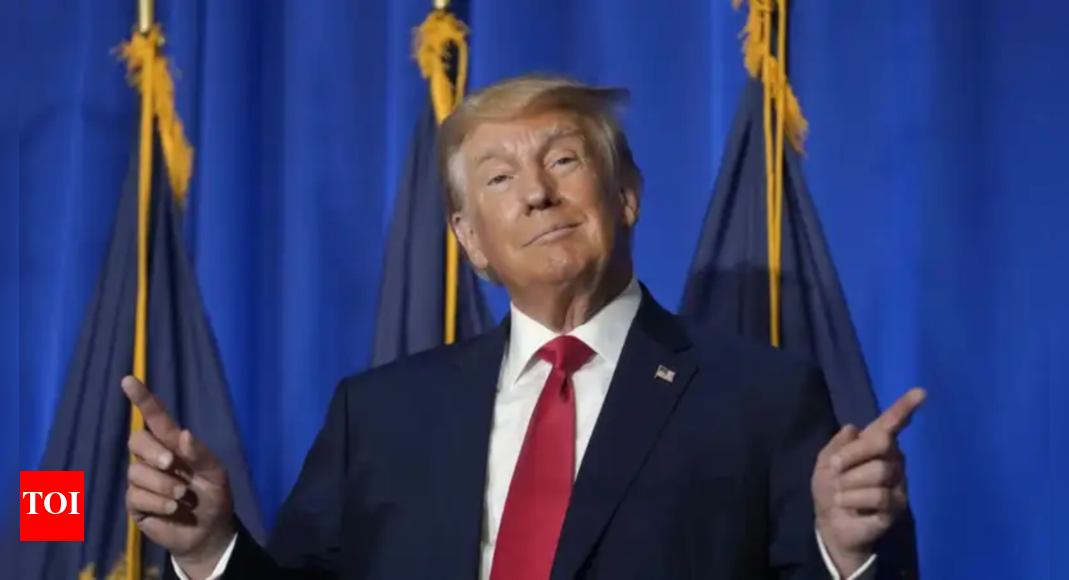Canada hit back at the United States over Donald Trump’s 25 per cent auto tariffs and imposed retaliatory duty on the imported US vehicles.
Canada slapped a 25 per cent tariff on vehicles imported from the US that are not compliant with the Canada-U.S.-Mexico Agreement (CUSMA).
Addressing a presser in Ottawa on Thursday, Canada’s Prime Minister Mark Carney said the government will also impose the tariff on non-Canadian content of any CUSMA-compliant vehicles from the US and added that Mexico won’t be impacted, CBC news reported.
“Our tariffs will not affect auto parts because we know the benefits of our integrated production system,” he said, adding that the government is developing “a framework” for automakers to avoid counter-tariffs as long as they maintain production and investment in Canada.
Canadian PM said he doesn’t think the US administration will reverse its current trajectory on trade policy until it becomes evident that U.S. families and workers are hurt by it, reported CBC.
“Given the prospective damage to their own people, the American administration should eventually change course. But I don’t want to give false hope,” he said.
Prior to outlining Canada’s countermeasures, Carney emphasised that the present global economic situation has undergone a substantial transformation compared to the previous day.
“Yesterday’s actions by the U.S. administration, while not specifically targeting Canada, will rupture the global economy and adversely impact global economic growth,” he said.
“Our old relationship of steadily deepening integration with the United States is over. The 80-year period when the United States embraced the mantle of global economic leadership … is over.”
Whilst Canada avoided the 10 per cent baseline tariffs imposed on numerous other nations, the 25 per cent U.S. duty on imported automobiles, implemented at midnight, will significantly affect the Canadian automotive sector.
In addition to implementing reciprocal tariffs, Carney indicated that the government is challenging these duties through legal channels and has approached the World Trade Organization to contest the tariffs’ violation of international trade regulations.











